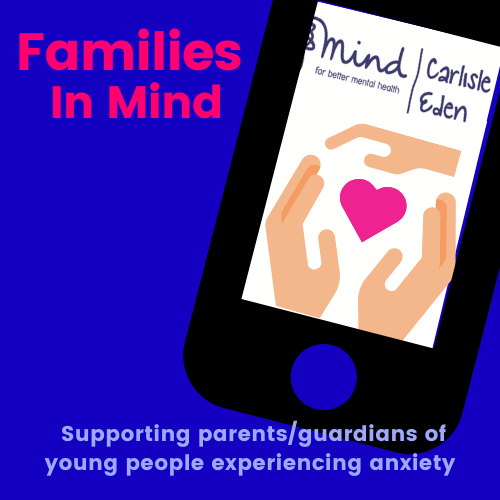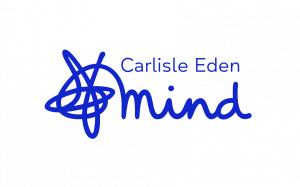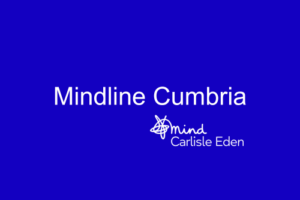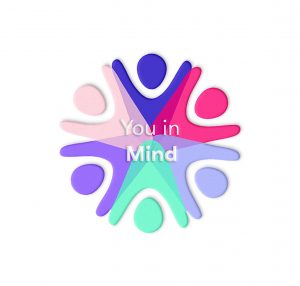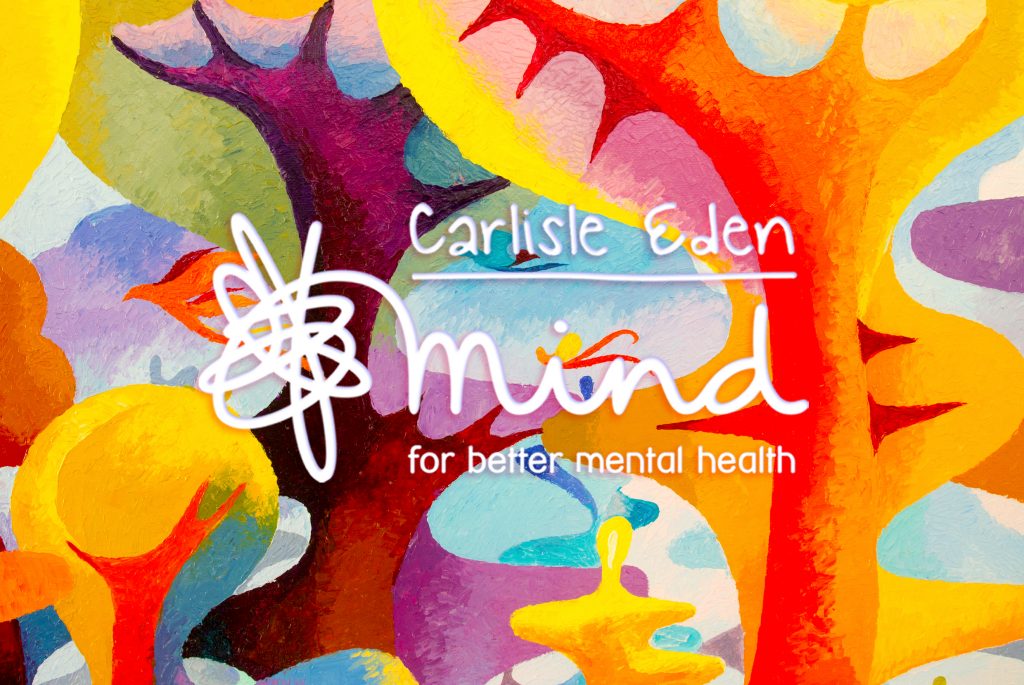
Anxiety can be experienced in lots of different ways. If your experiences meet certain criteria your doctor might diagnose you with a specific anxiety disorder.
Some commonly diagnosed anxiety disorders are:
- Generalised anxiety disorder (GAD) – this means having regular or uncontrollable worries about many different things in your everyday life. Because there are lots of possible symptoms of anxiety this can be quite a broad diagnosis, meaning that the problems you experience with GAD might be quite different from another person’s experiences.
- Social anxiety disorder – this diagnosis means you experience extreme fear or anxiety triggered by social situations (such as parties, workplaces, or everyday situations where you have to talk to another person). It is also known as social phobia. See our page on types of phobia for more information.
- Panic disorder – this means having regular or frequent panic attacks without a clear cause or trigger. Experiencing panic disorder can mean that you feel constantly afraid of having another panic attack, to the point that this fear itself can trigger your panic attacks. See our page on panic attacks for more information.
- Phobias – a phobia is an extreme fear or anxiety triggered by a particular situation (such as going outside) or a particular object (such as spiders). See our pages on phobias for more information.
- Post-traumatic stress disorder (PTSD) – this is a diagnosis you may be given if you develop anxiety problems after going through something you found traumatic. PTSD can involve experiencing flashbacks or nightmares which can feel like you’re re-living all the fear and anxiety you experienced at the time of the traumatic events. See our pages on PTSD and complex PTSD for more information.
- Obsessive-compulsive disorder (OCD) – you may be given this diagnosis if your anxiety problems involve having repetitive thoughts, behaviours or urges. See our pages on OCD for more information.
- Health anxiety – this means you experience obsessions and compulsions relating to illness, including researching symptoms or checking to see if you have them. It is related to OCD. You can find out more about health anxiety on the Anxiety UK website.
- Body dysmorphic disorder (BDD) – this means you experience obsessions and compulsions relating to your physical appearance. See our pages on BDD for more information.
- Perinatal anxiety or perinatal OCD – some people develop anxiety problems during pregnancy or in the first year after giving birth. See our pages on perinatal anxiety and perinatal OCD for more information.
You might not have, or want, a diagnosis of a particular anxiety disorder – but it might still be useful to learn more about these different diagnoses to help you think about your own experiences of anxiety, and consider options for support.
“It’s like a swarm of bees just buzzing buzzing buzzing, not stopping, making it impossible to focus and seemingly impossible to slow down and take a breath.”
Anxiety and other mental health problems
It’s very common to experience anxiety alongside other mental health problems, such as depression or suicidal feelings. If you have symptoms of both anxiety and depression but don’t fit one more clearly than the other, you might be given a diagnosis of ‘mixed anxiety and depressive disorder’.
Anxiety is a normal human experience and everyone who is alive experiences some level of anxiety. When anxiety becomes so strong that it gets in the way of daily life. It is estimated that 1 in 8 children (12%) in England is living with a mental health issue including experiencing feelings of anxiety.
Families in Mind is a new project aimed at supporting parents and guardians to help their child cope with everyday worries and anxiety.
Content is based on Cognitive Behavioural Therapy (CBT) an effective way to reduce anxiety symptoms. It shares education, tools and activities to help you as a parent/guardian support your child, delivered in a safe and confidential space.
It is educational but also filled with activities and tools that are practical and geared towards reducing levels of anxiety and sustaining that change.
his service is also for 4-10yrs (supporting an anxious child) and 11-18yrs (supporting an anxious teen).
To access this free programme simply register by completing the form, which can be downloaded below and returning to enquiries@yourvoicecumbria.org. Please allow 5 working days from your request being received.
Further information is also available below but if you would like to discuss the programme or have questions about how it might help you to help your child then please contact us via email at enquiries@yourvoicecumbria.org.

